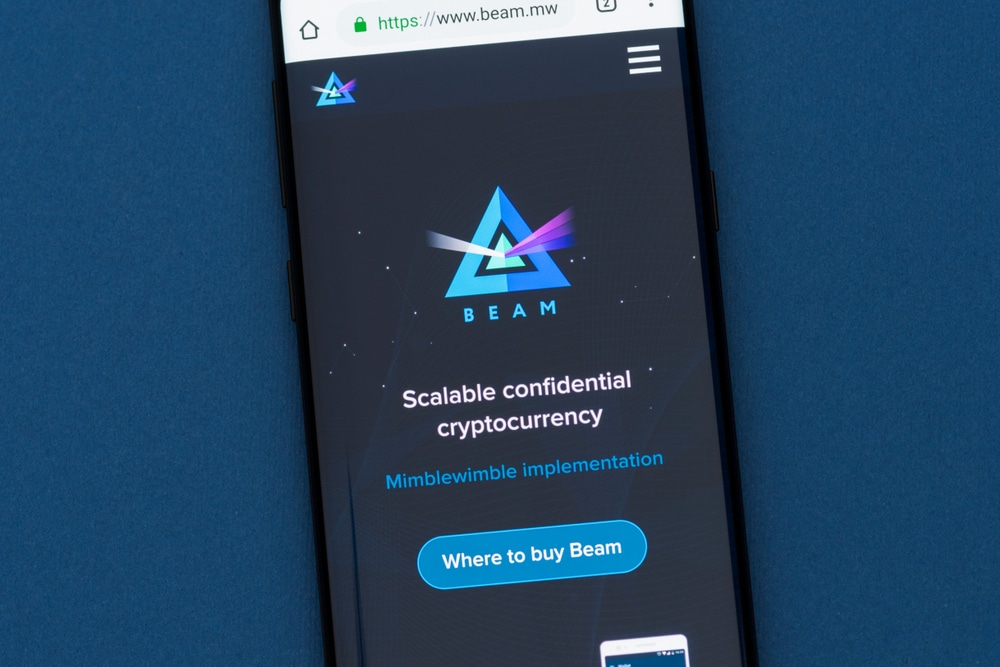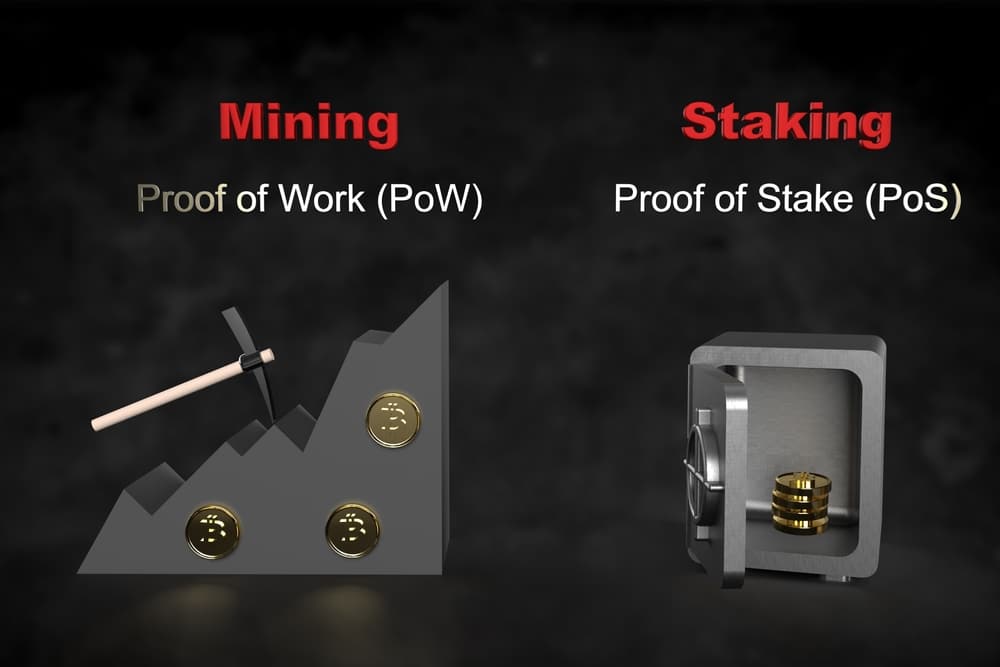Comprehensive Guide to Understanding Decentralized File Storage

Decentralized file storage is critical for persons seeking an option to cloud storage brands, Dropbox and Google, crypto networks provide a Web3 solution.
Cloud storage services, such as Google Cloud and Dropbox, have altered how people store and share big files of photos and videos online. They allow them to store significant amounts of data at a fraction of the new hard drive’s price, and files can be accessed from any gadget.
However, users must depend on a centralized entity’s risk management system that could withdraw their access to their account. Additionally, they should share their files with snooping government agencies or become insolvent.
Web3 provides another option: decentralized file storage networks like Storj and Arweave. Rather than storing information with one cloud firm, platforms involved in offering decentralized file storage split data into small pieces. The packets are stored on pseudonymous computers connected to a centralized network.
Decentralization Concept Explained
Decentralization means protecting files by a network comprising various stakeholders instead of one firm. Often, the decentralized network under consideration is a blockchain.
Rather than processing transactions for crypto, validators specialize in processing the file space for crypto. Mainly, it features a native token for the protocol that offer the file-sharing platform.
A perfect example concerns Filecoin, where FIL is utilized as an award for participants who offer file storage. Validators can earn that crypto by proving they are storing a file on their hand drive in a consensus mechanism mostly referred to as proof-of-storage.
Virtual money is meant to enhance trustworthiness and honesty among validators. Those running the node are offered an incentive to maintain their data.
In centralized file-sharing services, one must pay monthly prescription services. However, decentralized file services are different since they run on cryptocurrencies.
Space is rented out and paid for in cryptocurrency, generally the decentralized file-sharing protocol’s native token. Thus, if one utilized Filecoin to store their files, they would pay in FIL based on the required storage.
Despite the differences in decentralized file storage platforms, they are similar to peer-to-peer file storage networks like Napster. They function by having leechers and seeders download pieces of fragments from several leechers. Torrent sites such as ThePirateBay operate this way.
Censorship-resistant file sharing is a similar benefit among decentralized file storage networks. This makes them famous as a platform for unlawfully downloading music and movies.
Benefits of Decentralized Storage
A benefit of a decentralized storage system is political, or more explicitly, that is created to be apolitical. All files stored on decentralized file services are unaffected by central authority’s decisions, for instance, those of a government intending to censor or control content.
Decentralized storage systems prevent private firms from implementing their in-house policies by declining service and taking other actions on the files they hold, such as disclosing information to law enforcement.
In decentralized storage, no authority can prevent specific categories of files, including illicit ones, from being stored on the networks. Further, data stored on the networks is encrypted before storage on the network, and no computer holds adequate pieces of the file to solve the puzzle and find out what the file contains.
Decentralized storage’s primary benefit is that it is less costly than storing similar amounts of data on cloud providers such as Azure and AWS.
Decentralized File Storage Networks in Action
IPFS (InterPlanetary File Network) is one of the most famous decentralized file-sharing networks. It is utilized to host websites and nonfungible tokens (NFTs), asserting that the media are immune to censorship and cannot be brought down by the protocol’s developers.
Protocol Labs created the IPFS and unveiled it in 2015. Information on IPFS is stored in numerous locations and assembled when a person needs to download files in the network.
Protocol Labs also developed Filecoin. However, Filecoin operates autonomously of IPFS while sharing the most identical ideas.
A significant difference is that while IPDS is developed for short-term information retrieval, Filecoin is developed for longer-term data persistence. A competitor referred to as Arweave does almost a similar thing.
Final Thoughts
Decentralized storage systems prevent firms from deploying in-house policies to decline services on files held. In decentralized storage, no authority can prevent specific categories of files. Decentralized storage features encryption to prevent unauthorized access.
Zone Crypto Invest provides exposure for numerous crypto businesses, and we invite you to join our community! Connect with us through our Telegram chat for any questions. Given the volatile nature of cryptocurrencies, always conduct thorough research before investing. Many articles on our website are sourced from guest writers or are paid content, and they might not reflect the views of Zone Crypto Invest's internal team. The opinions in these pieces may not always coincide with Zone Crypto Invest's stance. We do not vouch for the accuracy, quality, promotions, or any other aspects showcased on our platform. Please refer to our detailed terms of service and disclaimer for further information.








